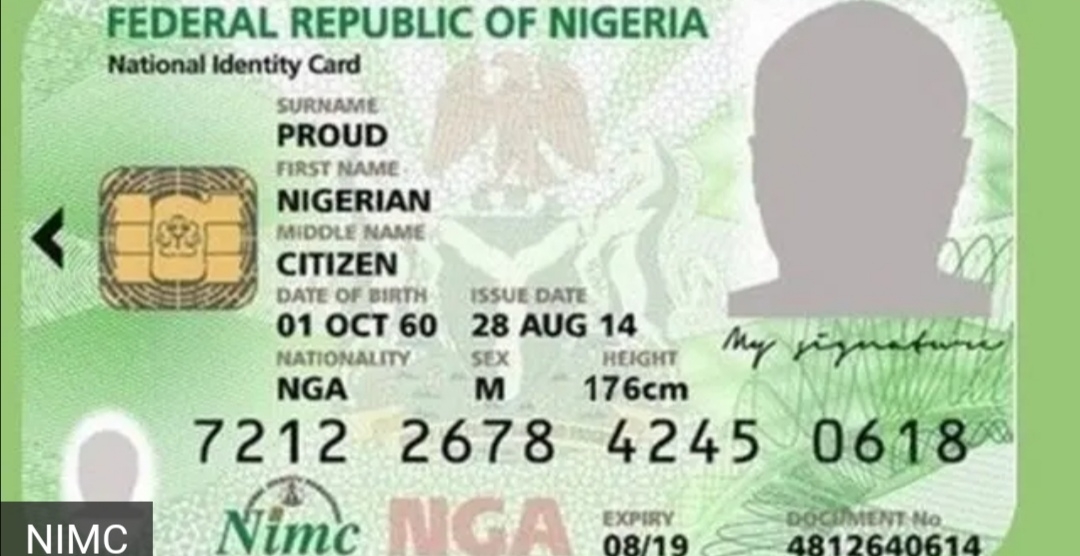The Federal Government of Nigeria, through the National Identity Management Commission (NIMC) in
collaboration with the Central Bank of Nigeria (CBN) and the Nigeria Inter-bank Settlement System (NIBSS), has launched an innovative identity solution with payment functionality for all types of social and financial services to be powered by AfriGO, a National domestic card scheme.
The National ID card, layered with verifiable National Identity features, is backed by the NIMC Act No. 23 of 2007, which mandates NIMC to enrol and issue a General Multipurpose card (GMPC) to Nigerians and legal residents. This card will address the demand for physical identification enabling cardholders prove their identity, access government and private social services, facilitate financial inclusion for disenfranchised Nigerians, empower citizens, as well as encourage increased participation in nation-building.
Only registered citizens and legal residents with the National Identification Number (NIN) will be eligible to request the card. The card, which will be produced according to ICAO standards, is positioned as the country’s default national identity card. In addition to this functionality, cardholders will also be able to use the cards as debit or prepaid cards by linking same to bank accounts of their choice. The card shall enable eligible persons especially those financially excluded from social and financial services have access to multiple government interventions programs.
In line with data protection regulation and public interest, NIMC remains committed to protecting cardholders’ personal data and will ensure compliance with international standards on data security protocols as security features that protect the confidentiality and safety of users’ information.
Key features will include:
• Machine-readable Zone (MRZ) in conformation with ICAO for e-passport information
• Identity card Issue Date and document number in line with ICAO standard
• Additional features include travel, health insurance information, microloans, agriculture, food stamps, transport, and energy subsidies, etc.
• Nigeria’s quick response code (NQR) containing the national identification number
• Biometric authentication, such as fingerprint and pictures, as the primary medium for identity
verification through the data on the card chip
• Offline capability that allows transactions in areas with limited network coverage or zero
infrastructure connectivity
• Functionality as a debit and prepaid card catering to both banked and unbanked individuals.
Request for cards by registered citizens and legal residents will be made available online, at any commercial bank, various agencies or agents participating in multiple programs and/or any NIMC offices nationwide.
Culled from NIMC website.











